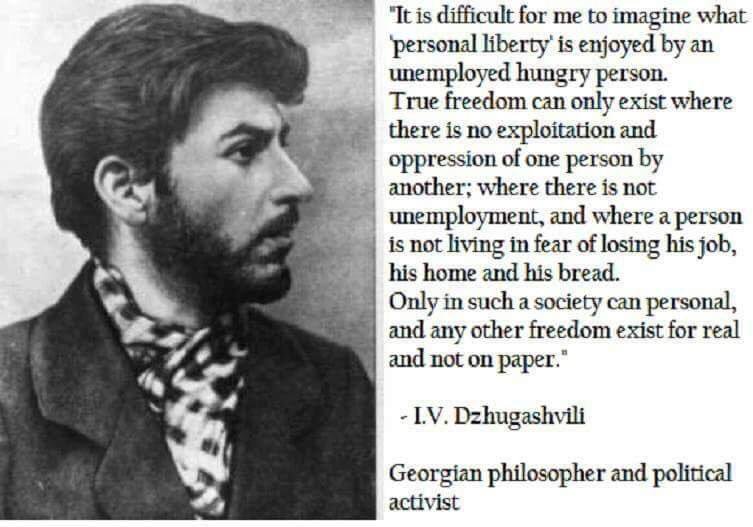And with good reason. Research evidence warns that media coverage can put others at risk. jech.bmj.com/content/57/4/2…
Thread/1
But online safety has a part to play too - how we talk about suicide matters. And how we talk to each other. /ends
Keep Current with louis appleby
This Thread may be Removed Anytime!
Twitter may remove this content at anytime, convert it as a PDF, save and print for later use!

1) Follow Thread Reader App on Twitter so you can easily mention us!
2) Go to a Twitter thread (series of Tweets by the same owner) and mention us with a keyword "unroll"
@threadreaderapp unroll
You can practice here first or read more on our help page!
